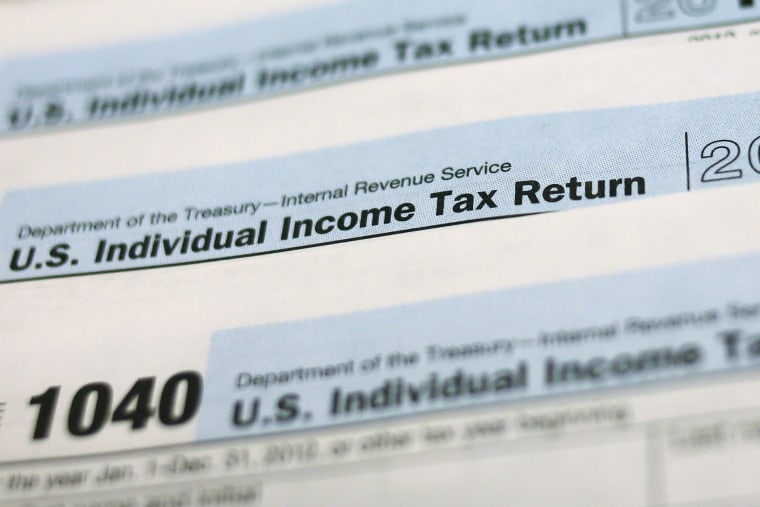Tax Day (April 15) is the perfect day for Congress to hold a hearing into what's being described as "the largest and most pervasive" impersonation scam in the history of the IRS.
Criminals are calling Americans all across the country, posing as IRS agents. The scammers claim they owe back taxes and demand immediate payment or face arrest. Sometimes, they threaten deportation.
Millions have received the calls; thousands have already become victims.
RELATED: Tax Day: Here’s what Americans want their money to be spent on
The Federal Trade Commission (FTC) received nearly 55,000 complaints about IRS imposter scams last year, a 25-fold increase from the 2,185 complaints filed in 2013. The FTC will tell lawmakers Wednesday that the IRS imposter scam was the single largest type of complaint it received last year. And the numbers continue to grow with no end in sight.
The Senate Special Committee on Aging, chaired by Sen. Susan Collins (R-Maine), wants to find out what law enforcement can do to stop these phone bandits.
"This outrageous fraud is now much larger than even the numbers are telling us," said Sen. Claire McCaskill (D-Missouri), the ranking member on the committee.
Staggering numbers
Those numbers are staggering.
In the last two years, more than 400,000 people have filed complaints with the U.S. Treasury Department about these IRS imposters. More than 3,000 people have been defrauded out of a combined total of more than $15 million, McCaskill told NBC News.
The calls keep going out - more than 10,000 a week, according to the Treasury Inspector General for Tax Administration (TIGTA).
Seniors are often targeted for these calls, because they're home, they'll answer the phone and they often have the money to pay the scammers.
"But this is not limited to seniors. Anyone can be a victim," noted John Breyault, who runs the National Consumers League's Fraud.org website. "They're very good at what they do - steal people's money."
Read the rest of the story at NBCNews.com.
